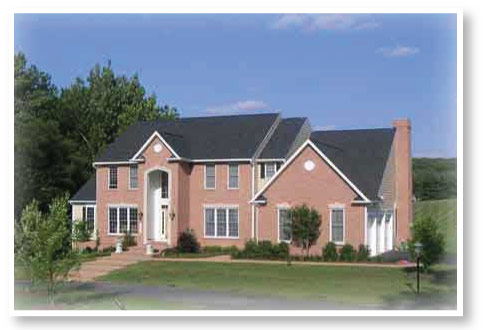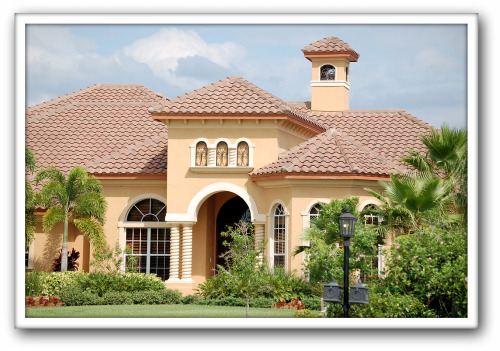Real Estate Investment: Return On Investment and Cash Flow Calculation
Real Estate Investment Articles | Housing Market News and AnalysisMaximize Return on Investment
Return on Investment (ROI)
ROI is a performance measure used to evaluate the efficiency of an investment or to compare the efficiency of a number of different investments. To calculate ROI, the benefit (return) of an investment is divided by the cost of the investment; the result is expressed as a percentage or a ratio.
The return on investment formula for real estate is:
ROI = (total rental income - total rental expense)/ cost of investment
You want to compare the return on investment on real estate with your other investments such as CD, Bond ...etc. If the ROI is only 5%, you can easily beat the return with a long-term CD or Bond with less risk and time. So to accurately estimate you ROI is very important in your investment decision making.
For Example
Assume investment property A is purchased at $125,000, the owner paid 20% downpayment and borrowed 80% at 6% interest rate and the closing cost is $1,900. The monthly mortgage payment is $599.55 and mortgage payment for a year is: $7,194.6 The first year interest is $6,460.45. The principal paid: $1,333.7. The monthly rental income is $1,250. Assume other expenses include property tax ($3,000), maintenance($400), insurance($500), HOA($100) is: $4,000.
The cash flow in this property is: $1,250*12-$7,194.6-$4,000=$3,805.4
The total investment on this property is: $125,000*20% + $1,900= $26,900
ROI= $3,805.4/$26,900 = 14%
The principle that is paid yearly to add to your equity is not considered in above example. If considering the principle and with a appreciation of 2%, the return is higher.
The second scenario is what if the property is bought with cash. Assume the same price and cost.
The cash flow in this property is: $1,250*12 -$4,000 = $11,000.
The total investment on this property is: $125,000 + $1,900 = $126,900
ROI = $11,000/$126,900 = 8.67%
Here's the picture of 10 years ROI comparison for above two options using our All-in-One Real Estate Investment Calculator
Click on image for larger graph in new window.
The cash flow is much higher for cash deal but the actually return on investment is lower than using mortgage though.
Leverage in Real Estate Investment
Now, you may ask, how do I reach maximum return but also have a higher cash flow?
Considering the above example, with $125,000 in hand and $26,900 for each property, you can actually afford 4.6 property. Let's say you bought exactly 4 same properties. Cash Flow = $3,805.4*4 = $15221.6
Which is a higher positive cash flow than using cash and the ROI keeps the same and you still have $17,400 cash at bank to buffer any unexpected events. It's the beauty of leverage. You use borrowed money from bank to make a higher profit.
Whenever the leverage is used, the risk is involved. Before dive into real estate investment, it pays to spend time studying investment and learn all you can about the housing market. Don't rely on current trends or guts feeling when it comes to investment.
Latest News and Articles

Investor's Resources Center
Check house price
Search homes
Free landlord forms
Tenant credit screen
Foreclosure Search
www.foreclosure freesearch.com
www.freeforeclosure database.com


